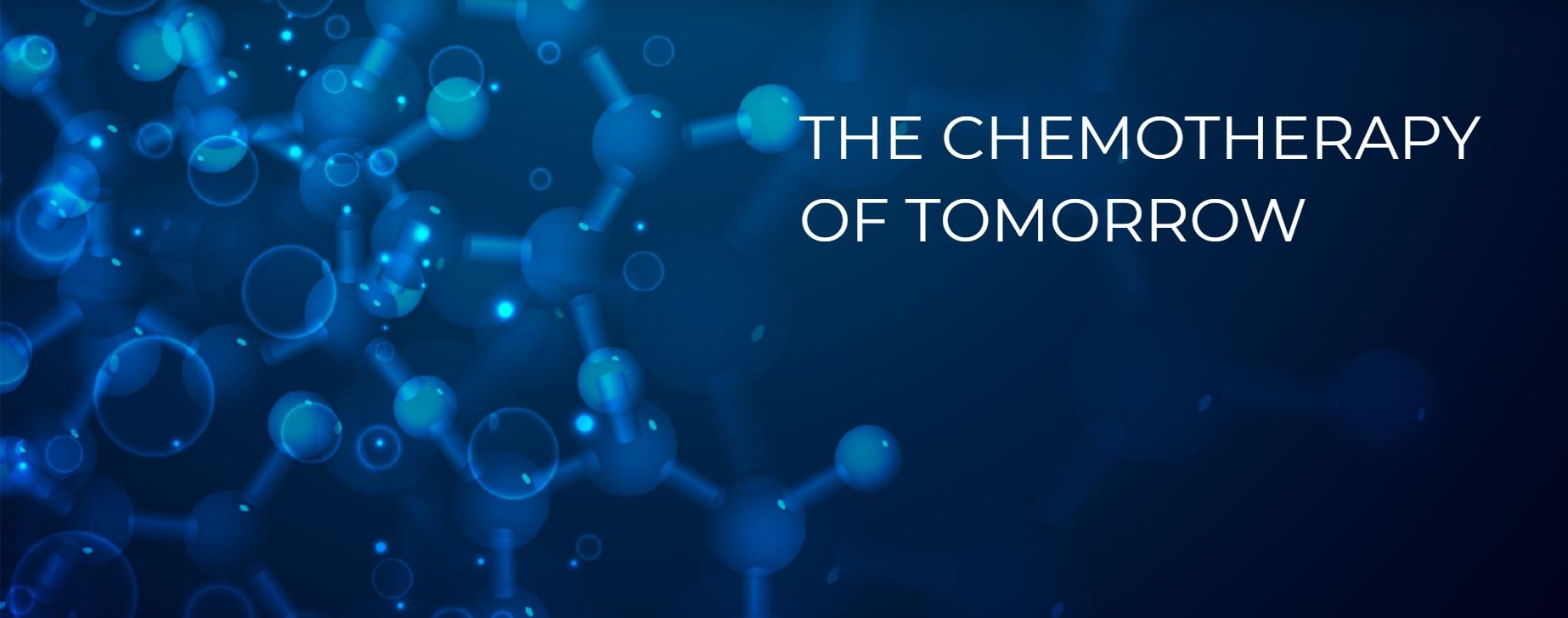Seekyo, a Poitiers-based biotech startup developing new chemotherapies, has raised €800,000 in seed funding to validate its flagship tumor-targeting drug. The financing consists of €400,000 from angel investors in the BAdGE, Investessor, and Synergence networks; a €150,000 loan from the European Investment Fund (EIF) Investment Initiation; and €250,000 in convertible bonds from the French Tech Seed Fund, managed by Bpifrance, the French public investment bank. The World Health Organisation estimates that one in two men and one in three women will develop cancer before the age of 85. In 2018, the total number of new cases of cancer worldwide was estimated to be 18.1 million. Over 40 percent of these cancers are solid tumors, for which chemotherapy is one of the main forms of treatment. The problem with standard chemotherapy is that the treatment attacks cancerous cells and healthy cells alike. Founded in 2018 by Oury Chetboun and Professor Sébastien Papot, Seekyo develops a drug candidate that specifically targets solid tumors (in the pancreas, lung, triple negative breast, colon, head and neck). There are other “targeting” drugs on the market, such as Antibody Drug Conjugates (ADC), but the French biotech claims its therapies are more effective in treating solid tumors. The startup has finished preclinical studies with its drug candidate, SKY01, which detects the tumor and delivers its treatment only to the malignant tissues. So the effectiveness of the anti-cancer drug is increased, while limiting its negative impact on healthy, non-cancerous cells and systems in the body. “SKY01 is a therapeutic vector carrying a powerful cytotoxic agent that can be activated in the tumor microenvironment via an extracellular and highly specific enzymatic cleavage. With this, Seekyo positions itself as an alternative to the already identified limitations of treatments, such as ADCs, including targeting the tumor microenvironment without using monoclonal antibodies,” said Professor Papot, who is also the CSO. Commenting on the seed round and future plans, CEO Oury Chetboun said: “We are very pleased to have attracted new financial partners to push forward the development of our company and our drug candidate. The funds will allow us to consolidate the promising results in mice by conducting toxicology and pharmacokinetics tests. We are also preparing a new round of fundraising in 2020 to conduct regulatory preclinical trials, with the goal of entering human clinical trials within 24 months.”



Would you like to write the first comment?
Login to post comments